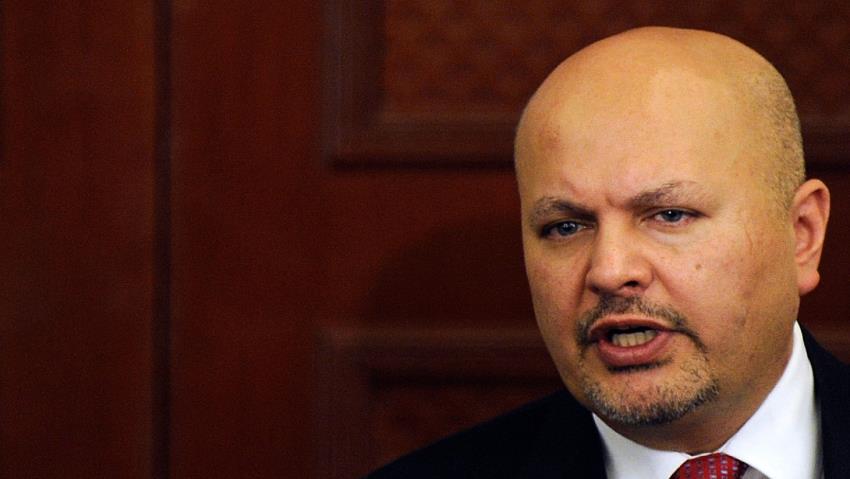More than 120 countries elected British lawyer Karim Khan on February 12 as the next prosecutor of the International Criminal Court, one of the toughest jobs in international law because the tribunal seeks justice for the world’s worst atrocities – war crimes, crimes against humanity and genocide.
His election on the second secret ballot by the 123 parties to the Rome Statute that established the court ends a drawn-out and divisive process to replace Fatou Bensouda when her 9-year term expires in June.
Khan, who has specialized in international criminal law and international human rights law, was widely seen as the favorite to get the job. But neither he nor any of the other candidates garnered enough support to be appointed by consensus, prompting the February 12 election in the U.N. General Assembly Hall.

When Michal Mlynár, vice-president of the court’s Assembly of State Parties, announced that Khan had won, a smattering of applause broke out in the hall, where masked diplomats had voted one by one, putting ballots into spaced out boxes because of COVID-19 restrictions.
Khan received 72 votes, far more than the majority needed, Fergal Gaynor of Ireland was second with 42 votes followed by Spain’s Carlos Castresana Fernandez with 5 votes and Francesco Lo Voi of Italy with 3 votes. One member did not vote.
Khan currently leads a U.N. team set up to investigate allegations of genocide, crimes against humanity and war crimes committed by the Islamic State group in Iraq and has the rank of a U.N. assistant secretary-general. He has worked as a prosecutor at the tribunal prosecuting war crimes in former Yugoslavia and crimes against humanity and genocide in Rwanda.
Khan is no stranger to the International Criminal Court, known as the ICC, having acted as a defense lawyer for Kenyan Deputy President William Ruto and persuading judges to throw out prosecution charges against his client. Gaynor acted as a legal representative for victims in the Ruto case, which focused on post-election violence.
Khan also served as counsel for Seif al-Islam Gadhafi, the son of the late Libyan dictator Moammar Gadhafi, who is still being sought by the ICC on charges of crimes against humanity.
“Karim Khan’s election as prosecutor is occurring at a time when the ICC is needed more than ever but has faced significant challenges and pressure on its role,” said Richard Dicker, international justice director at Human Rights Watch. “We will be looking to Mr. Khan to address shortcomings in the court’s performance, while demonstrating firm
The Rome Statute which established the court was adopted on July 17, 1998 and it entered into force on July 1, 2002, with a mandate to prosecute war crimes, crimes against humanity and genocide – but it only steps in when domestic courts fail to initiate their own investigations and prosecutions. Its 123 state parties are bound by its provisions, which include arresting all those sought by the court.